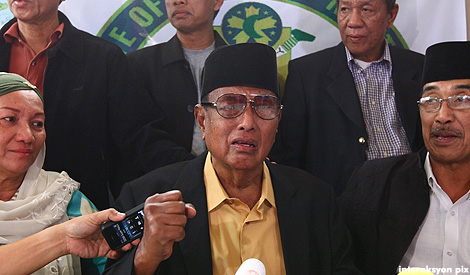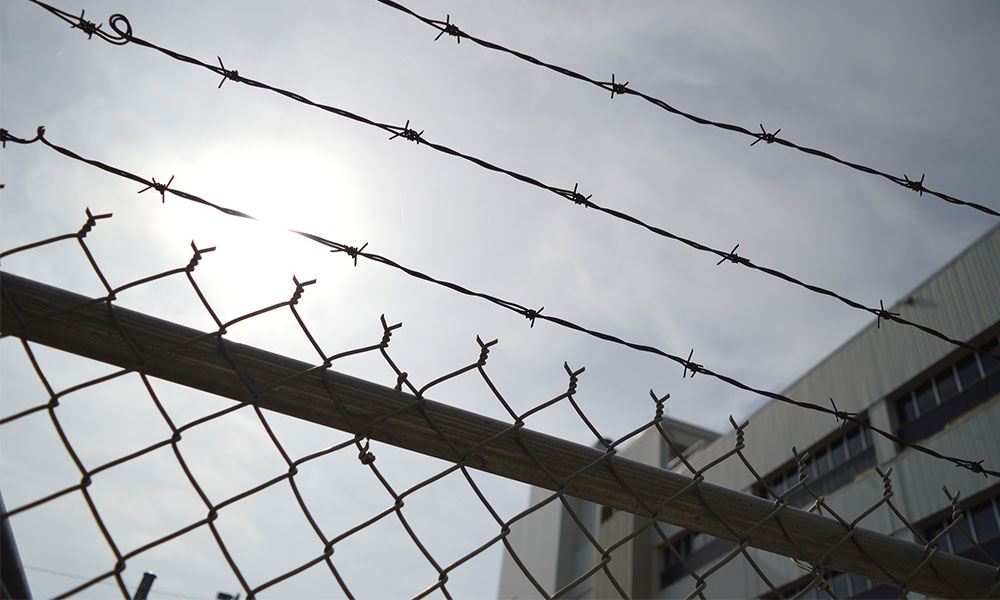What happened after the abolition of the Internal Security Act (ISA) should serve as a lesson to the government today in its consideration to repeal preventive laws such as Security Offences (Special Measures) Act 2012 (Sosma), Prevention of Crime Act 1959 (Poca) and Prevention of Terrorism Act 2015 (Pota), says former inspector-general of police Musa Hassan.
“We have already abolished the ISA and Emergency Ordinance, and the repeal had led to a significant rise in serious crime cases, particularly involving gangs of secret societies fighting for their areas of control.
“I don’t agree if it is repealed, if we can study in detail first... without Sosma, Poca and Pota, we cannot contain trained terrorists’ activities such as Islamic State or well-organised, armed and violent groups of criminals,” he said in an exclusive interview with Bernama here.
On July 22, Prime Minister Dr Mahathir Mohamad said the government would abolish laws that oppress the people, specifically Sosma. Also linked with such repeals are Poca and Pota.
For the veteran police officer, there was a need to have strict preventive laws to protect the country and people, by restricting the movement of extremist groups, militant groups and organised crime groups.

The 2013 intrusion in Lahad Datu by a group from Mindanao led by the younger brother of Sultan Jamalul Kiram III (photo), Agbimuddin Kiram, is a lesson that threats to national sovereignty could occur at any time and should be contained from the start.
The crisis, that saw nine security personnel and 54 terrorists killed apart from about 100 people detained, could not have been easily handled if the country did not have special laws like Sosma, he said.
Musa stressed that laws to curb security threats were very important to a country like Malaysia that has a multiracial and religious community.
'No infringement on human rights'
Commenting on claims that Sosma was affecting human rights, he said the matter was not true at all because those arrested under this law were entitled to defend themselves.
Under Sosma, a police officer may, without warrant, arrest and detain any detainee for only 24 hours and extend the period of detention to not more than 28 days to facilitate investigations.
“When the investigation has been conducted and has evidence of the case, then the person arrested should be charged in court, and if there is evidence but no proof that the detained person can be released... that is Sosma.
“For example, an individual involved in an offence under Sosma is investigated under Chapter VIA, VIB, and such offences involving terrorist activities or human trafficking can be subjected to the Electronic Monitoring Device on their feet for monitoring purposes,” he said.

Any detained suspect should be informed to his next of kin, and the detained suspect allowed to consult his legal practitioner for his defence.
“Under Sosma, a detainee still has the chance to defend himself, and it is not as bad as the Patriot Act in the United States, where terrorists arrested around the world, including two Malaysians allegedly involved in the Al-Qaeda movement were detained without the opportunity to defend themselves at Guantanamo Bay.”
Musa said Sosma also reduced cases, among others, such as gangsterism, gambling and prostitution, in which the police took preventive measures before such activities became widespread.
Musa said Sosma also played a crucial role in safeguarding the sovereignty of the Yang di-Pertuan Agong, Malay rulers, as well as the interests of the people that might be threatened, posing the threat of racial and religious riots.
The ISA was repealed in 2012 and replaced with Sosma.
Prior to this, Bukit Aman Counter Terrorism (E8) division principal assistant director Ayob Khan said the laws on terrorism were among the best and greatly helped to curb Daesh activities, including crippling 23 attempts to launch attacks in Malaysia since 2013.
- Bernama

